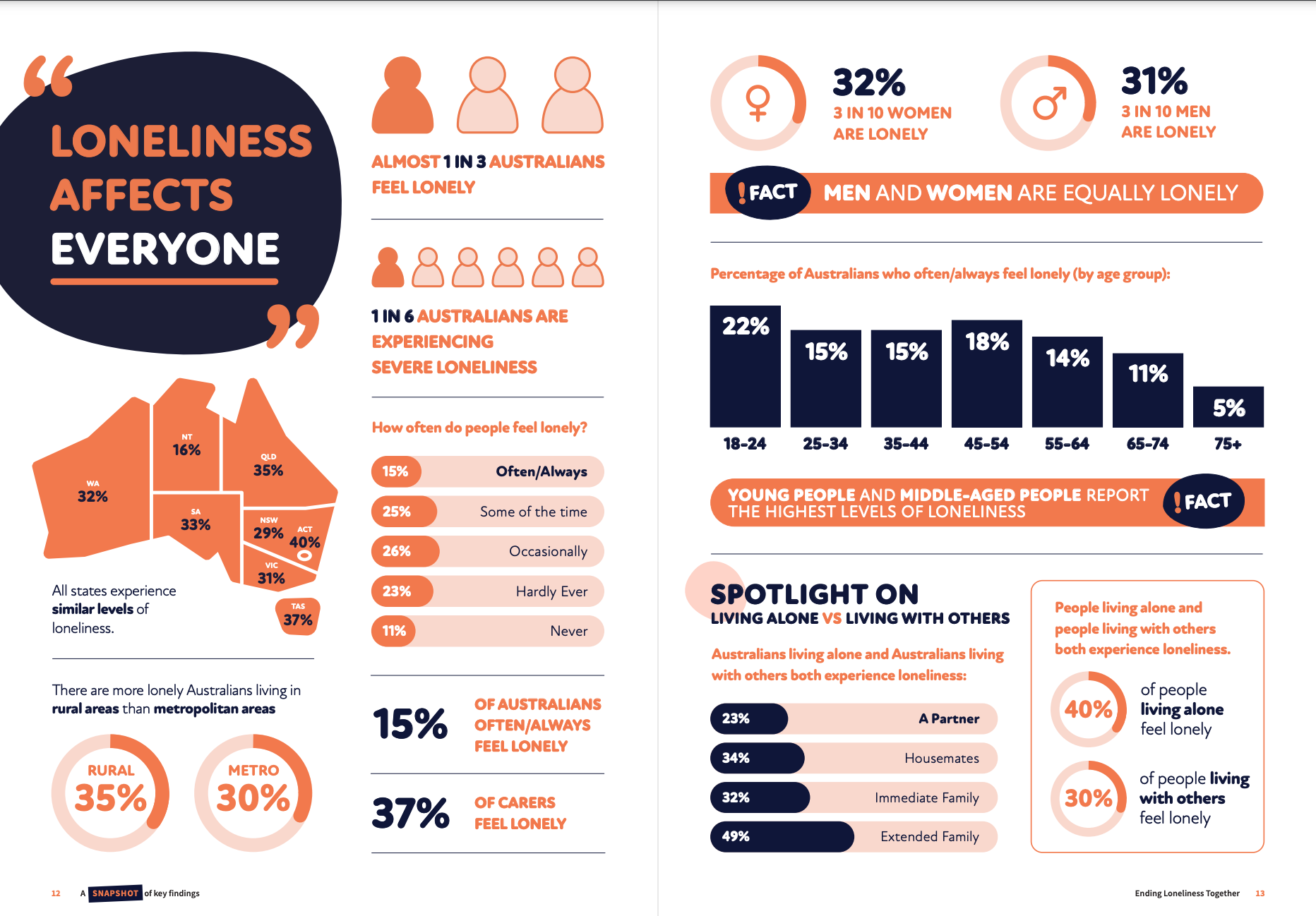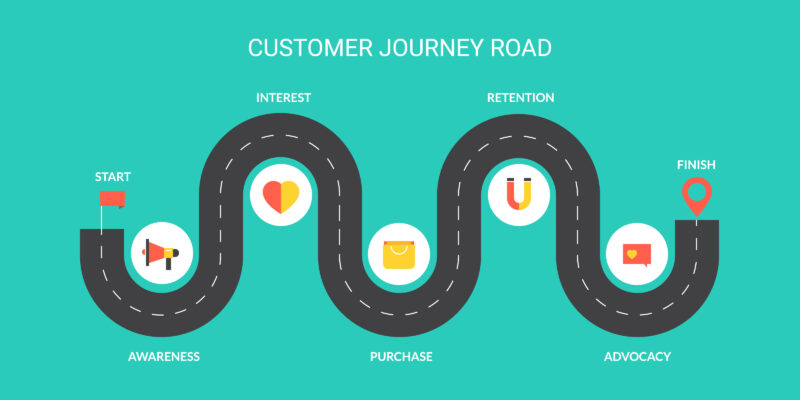Over our 20+ years providing tailored insights through market research, Square Holes have worked with a number of charities and community groups looking to refine their services, track their impact/need, and expand their ability to service the community. Through this work we have seen first hand the impact community has on building strong, vibrant and diverse cities.
From environmental groups looking to engage young people, to homeless shelters raising awareness through renowned events, to a not for profit organisation tracking loneliness – what our research has uncovered time and time again is that community is at the heart of thriving city.
So how does community impact cities?
1. Social Cohesion and Inclusion
- Connection and Belonging: Communities create a sense of identity and belonging, where people feel part of a larger whole. This contributes to mental well-being and reduces feelings of isolation.
- Diversity and Inclusion: A strong community ensures that diverse populations feel welcomed and included, which is vital in multicultural urban environments.
2. Participation and Engagement
- Collaborative Decision-Making: Communities often participate in urban planning, helping to ensure public spaces, services, and policies reflect the needs and desires of residents.
- Community Organisations: Local groups and organisations act as intermediaries between residents and city governments, advocating for improved services, sustainable practices, and equitable policies.
3. Shared Public Spaces
- Vibrant Neighbourhoods: Community-driven initiatives often lead to well-maintained parks, plazas, and streets that enhance quality of life.
- Safety: Strong communities contribute to neighbourhood safety through mutual care and vigilance.
4. Support Networks and Resilience
- Mutual Aid: Communities provide support in times of need, such as during economic challenges or natural disasters.
- Resilience: A cohesive community adapts better to changes, from climate adaptation efforts to social shifts.
5. Cultural Identity and Expression
- Preserving Traditions: Communities maintain cultural practices and histories that enrich a city’s character.
- Art and Festivals: Community-driven cultural events foster pride and engagement while drawing visitors and boosting local economies.
6. Economic Vitality
- Local Economies: Community support for local businesses creates vibrant economic hubs and encourages sustainable growth.
- Skill Sharing and Employment: Communities often drive informal economies and job networks that contribute to city vitality.
7. Environmental Stewardship
- Green Initiatives: Communities often champion urban gardens, tree planting, and recycling programs, improving sustainability.
- Advocacy for Liveable Design: Engaged communities push for walkable neighbourhoods, bike lanes, and clean public spaces.
8. Health and Well-being
- Active Lifestyles: Community spaces encourage walking, cycling, and outdoor activities.
- Mental Health: Connected communities reduce stress, anxiety, and loneliness.
Health is a key benefit from community based groups and organisation, with loneliness and social isolation becoming a key health concern for Australians in recent years.
In a study conducted by Ending Loneliness Together titled the State of the Nation 2023 report revealed that almost one in three Australians reported feeling lonely, with one in six experiencing extreme loneliness. Young people (18 – 24) are the greatest effected group, with 22% saying they often/always feel lonely.

This can have major impacts on personal well-being and health with the report revealing that being experiencing loneliness are:
- 4 times more likely to have chronic disease
- 4.6 times more likely to have depression
- 4.1 times more likely to have social anxiety
- 5.2 times more likely to have poorer wellbeing
Loneliness is also estimated to cost the economy $2.7 billion per year, and the health impacts reported as comparable to smoking 15 cigarettes a day or consuming six alcoholic drinks daily.
Which is why building strong, inclusive, and engaged communities results in cities that are able to create environments that prioritise the well-being, safety, and happiness of their residents, making them more liveable and sustainable.
Want to learn more about the work Square Holes has done with community organisations and initiatives? Head here.



